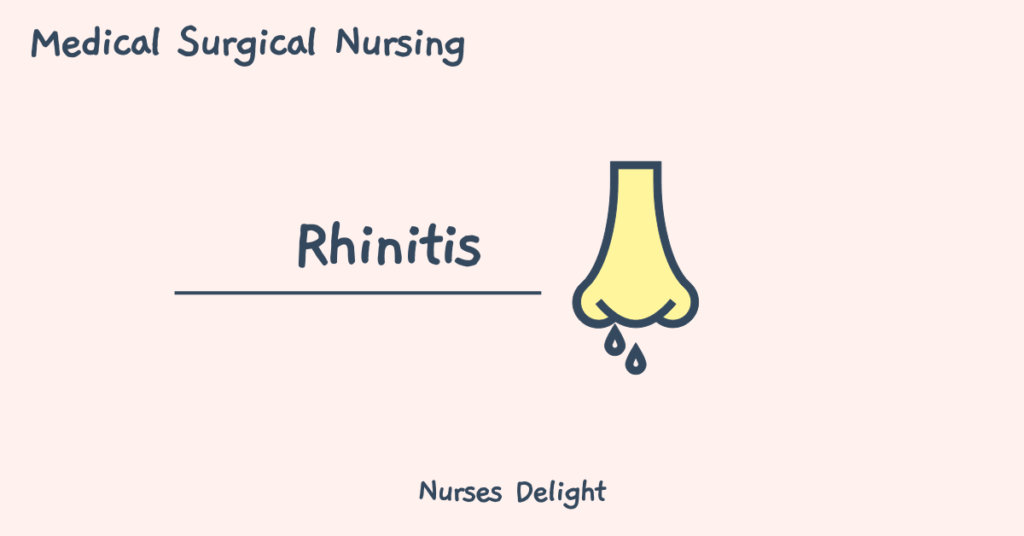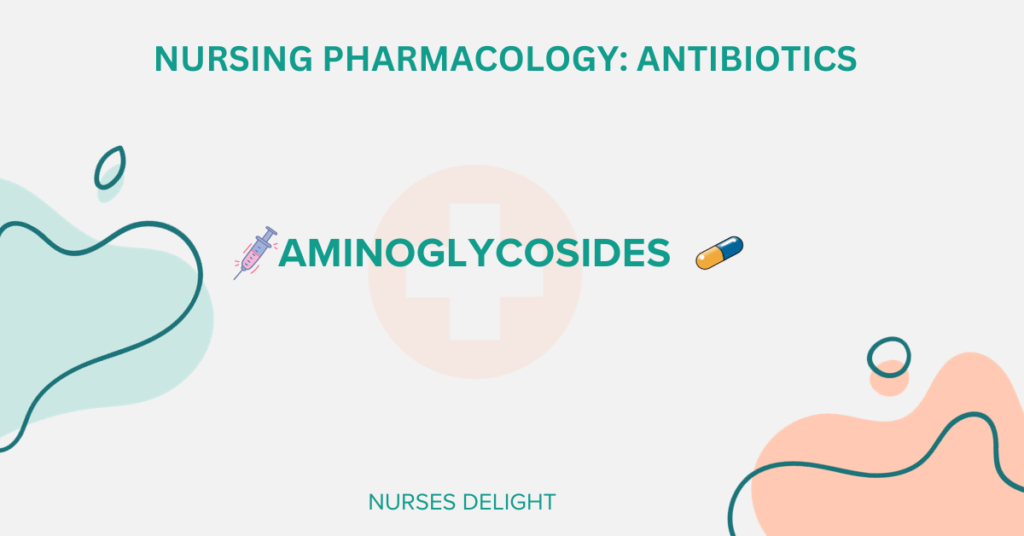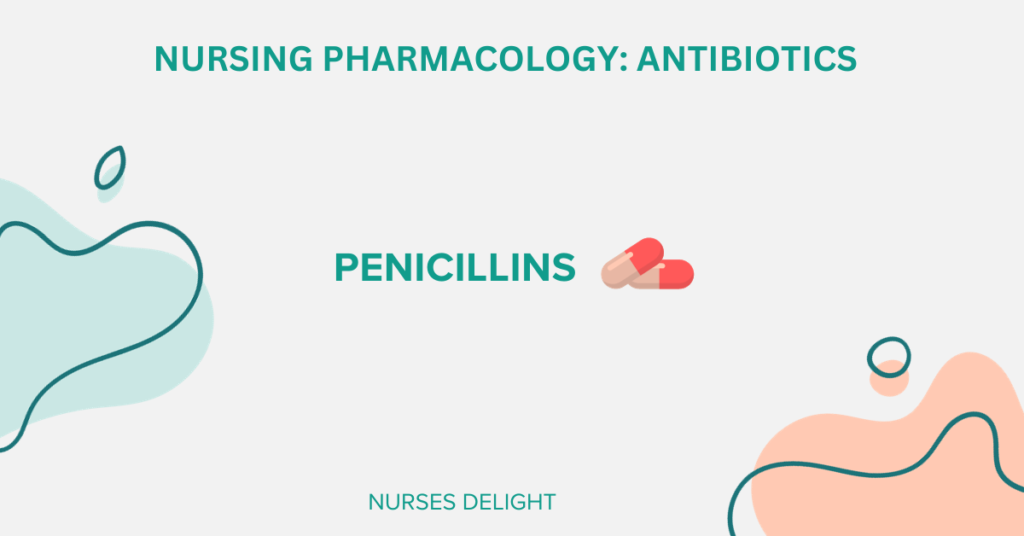Rhinitis is a group of disorders characterized by the inflammation and irritation of the nasal mucous membrane.
The mucus membranes lining the nasal passages become inflamed congested and edematous. The swollen nasal conchae block the sinus openings and mucus is discharged from the nostrils.
Rhino sinusitis is the term used to describe inflammation and congestion accompanied by thicker mucous secretions that fill the sinus chambers and obstruct the entrances.
Types of Rhinitis
Allergic Rhinitis: It is one of the most prevalent forms of rhinitis. It occurs when the immune system overreacts to allergens such as pollen, dust mites, or pet dander. Common symptoms include sneezing, itching, congestion, and a runny nose.
Non-Allergic Rhinitis: Non-allergic rhinitis, as the name suggests, is not triggered by allergens. It can result from various factors, such as irritants (like smoke or pollution), changes in temperature, or infections. The symptoms are similar to allergic rhinitis but lack the allergenic trigger.
Infectious Rhinitis: This type of rhinitis is usually caused by viral or bacterial infections, such as the common cold or sinusitis. Symptoms may include a stuffy or runny nose, sore throat, and fever.
Causes of Rhinitis
- Rhinitis can be caused by a multitude of factors that include;
- Changes in temperature and humidity
- Odors
- Infection
- Age
- Over the counter drugs
- Nasal decongestant
- Foreign body
- Allergic rhinitis may occur may occur with exposure to allergens such as food (peanut, walnut wheat and eggs,) medications such Penicillin, sulfur and aspirin and particles indoor or outdoor like dust mite feces, dog and cat dander, cockroach droppings molds, trees and weeds.
- Drug induced rhinitis may occur with antihypertensive agents such as angiotensin converting enzyme inhibitors and beta blockers statins such as atorvastatin, antidepressants and antipsychotics such as risperidone
Symptoms
Common symptoms of rhinitis include:
- Nasal congestion
- Runny nose (rhinorrhea)
- Sneezing
- Itching in the nose, throat, or eyes roof of mouth
- Coughing
- Watery eyes
- Headache
Diagnosis
To diagnose rhinitis, nurses may conduct a thorough physical examination. Review the patient’s medical history, and perform allergy tests if allergic rhinitis is suspected.
Management and Treatment
- Management depends on the cause which is identified through history and physical examination
- Viral rhinitis usually does not require medication, but drugs such as antihistamines for sneezing, pruritus and rhinorrhea brompheniramine/ pseudoephedrine and decongestants may be prescribed to alleviate symptoms.
- Mast cell stabilizers like cromolyn inhibits release of histamine
- Nasal corticosteroid sprays may also be used to relieve inflammation
- Saline nasal spray or drops can act as a mild decongestant and can liquefy mucus to prevent crusting
- Ipratropium can be given two or three times a day for symptoms relief
- Leukotriene modifiers (montelukast, zafirlukast and zileuton) and immunoglobulins E modifiers omalizumab may be used for allergic rhinitis
- Immunotherapy for severe allergic rhinitis
- Antibiotics such as penicillins may be used to treat bacterial rhinitis
Nursing Management
- Avoid reduce exposure to allergens and irritants such as smoking dusts molds animals’ odors
- Read drugs labels before taking any OTC
- Controlling the environment at home or work
- Blow nose before applying any medication into the nasal cavity for maximal relief
- Keep head upright spart quickly and firmly into each nostril away from the nasal septum, wait for at least one minute before administration of second spray
- Container should be cleaned after each use and should never be shared with other people to avoid cross contamination
- Hand hygiene with the patient
- Influenza vaccination



